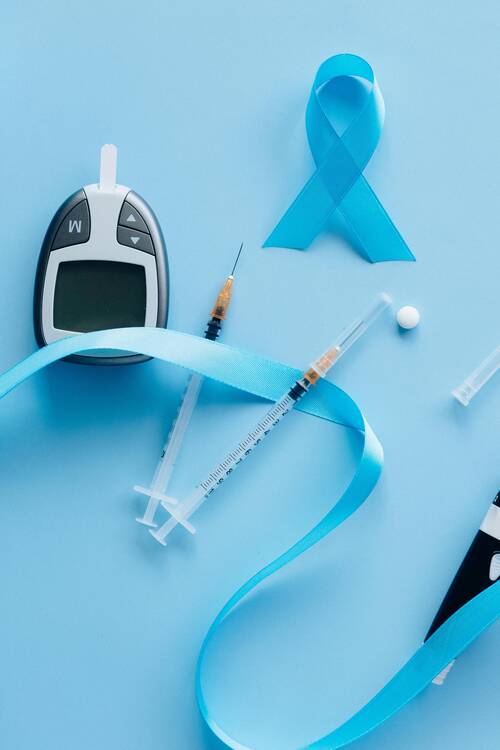MedicalResearch.com Interview with:
Dr. Margaret E. Rice, PhD
Professor, Department of Neuroscience and Physiology
Neurosurgery
NYU Langone Medical Center
Medical Research: What is the background for this study? What are the main findings?
Dr. Rice: Insulin is released from the pancreas into the bloodstream in response to a rise in circulating glucose levels when we eat. In most cells in the body, including those of liver and muscle, insulin acts at insulin receptors to promote glucose transport and other metabolic functions. Insulin also enters the brain and acts at brain insulin receptors, particularly in the hypothalamus where insulin acts as a satiety signal to indicate that we are full and should stop eating. The rising incidence of obesity, in which circulating insulin levels are chronically elevated, suggests insulin may play a role in other brain regions, as well, including regions that regulate motivation and reward.
Indeed, our new studies introduce a new role for
insulin as a reward signal that acts in the dorsal striatum to enhance release of dopamine. Dopamine is a key neurotransmitter in reward systems; most drugs of abuse enhance release of dopamine, which contributes to their addictive properties. We found that insulin, at levels found in the brain by the end of a meal, enhances dopamine release by activating insulin receptors on acetylcholine-containing striatal cells that boost dopamine release. Consistent with a role of insulin in signaling reward, companion behavioral studies in rodents indicate that insulin signaling in the striatum communicates the reward value of an ingested meal, and thereby influences food choices. These studies reveal the dual nature of insulin in the brain, which not only tells us
when to stop eating, but also influences
what we eat.
(more…)










